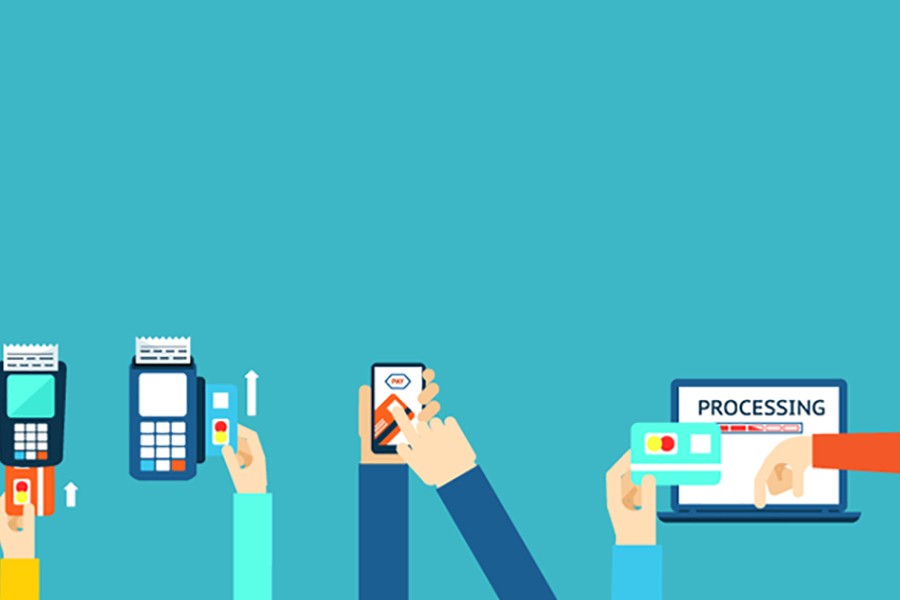Bangladesh has dropped 25 notches in Digital Quality of Life (DQL) Index-2021 from the last year and mobile internet users in the country experienced the slowest speed -- 10.60Mbps -- among all the other countries, a latest global digital wellbeing study has found.
The third annual edition of the DQL ranked Bangladesh 103rd among 110 countries.
Covering 90 per cent of the global population, the DQL study is conducted by the cybersecurity company Surfshark and evaluates countries based on a set of five fundamental digital wellbeing pillars.
Bangladesh ranks 84th in internet affordability, 89th in internet quality, 89th in e-infrastructure, 86th in e-government and shows the lowest result in e-security, which comes only in 103rd place, it said.
Compared to last year’s position, Bangladesh dropped 25 places down this year – its internet affordability index decreased by 37 per cent and internet quality by 22 per cent, the report said.
The country has the worst internet affordability in Southern Asia, it insisted.
Neighbouring India has topped the index among the South Asian countries, ranking 59th globally followed by Nepal, 87th, Sri Lanka, 88th, and Pakistan, 97th, the study mentioned.
This year, the study covers 90 per cent of the global population and indexes 110 countries by looking at five fundamental pillars of digital life – internet affordability and quality, e-infrastructure, e-security, and e-government.
Bangladesh has the 16th most stable broadband internet globally. However, the country’s overall internet quality is around 20 per cent worse than the global average.
There is a wide internet speed gap between countries at the top and the bottom of the internet quality pillar, it further stated.
For instance, Bangladesh’s mobile internet speed (10.60 Mbps) is only 8.0 per cent that of the United Arab Emirates (145 Mbps), it said.
Bangladesh has the worst internet affordability in Southern Asia. People in Bangladesh have to work more than a full work day (8 hours 20 minutes) to afford the cheapest broadband internet package.
Compared to India, Bangladesh ranks lower in internet affordability, internet quality, e-security and e-government, however it ranks higher in e-infrastructure, it stated.
“Digital opportunities have proved to be more important than ever during the COVID-19 crisis, stressing the importance for every country to ensure fully remote operational capacities for their economies,” explains Vytautas Kaziukonis, CEO of Surfshark.
“That is why, for the third year in a row, we continue the Digital Quality of Life research, which provides a robust global outlook into how countries excel digitally. The index sets the basis for meaningful discussions about how digital advancement impacts a country’s prosperity and where improvements can be made,” Vytautas Kaziukonis added.
In an all-around picture, 6 out of 10 countries holding the highest scores are located in Europe, following last year’s trend.
Denmark ranks 1st in DQL for the second year in a row and is closely followed by South Korea. Finland ranks 3rd, while Israel and the US round out the top five of 110 nations that were evaluated. The bottom 5 countries are Ethiopia, Cambodia, Cameroon, Guatemala, and Angola.
Regionally, the US stands out as a country with the highest digital quality of life in the Americas, while South Korea takes the leading position in Asia.
Among countries in Africa, people in South Africa enjoy the highest quality of their digital lives whereas Australia leads in Oceania, outperforming New Zealand in various digital areas, as per the study.


